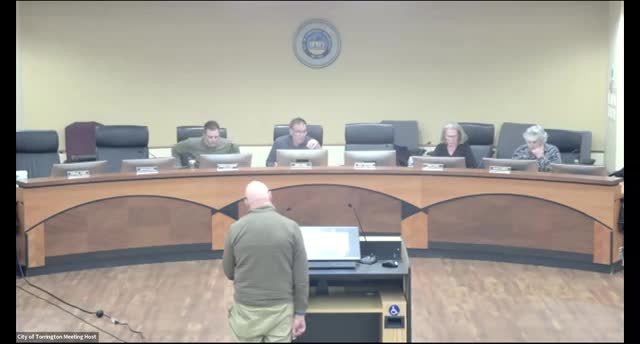Article not found
This article is no longer available. But don't worry—we've gathered other articles that discuss the same topic.

Torrington Planning and Zoning Commission sets hearing dates, tables several site plans and discusses West Hill solar concerns

New Hope Baptist Church proposes new parking layout, commissioners table review to June 11

